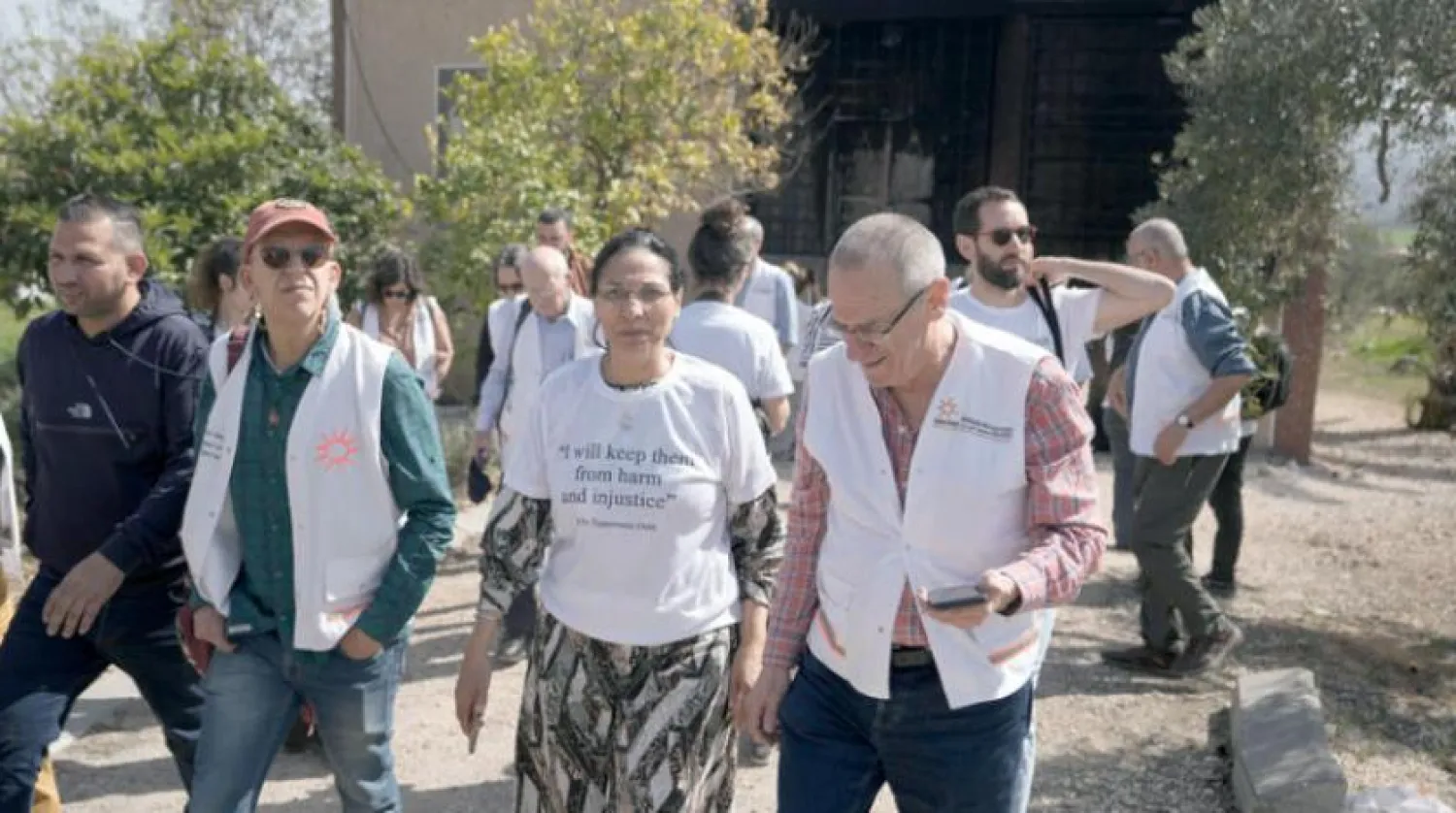The Palestinian Foreign Ministry on Thursday asked Washington to arrest a visiting Israeli official who called for wiping out the Palestinian village of Huwara.
“The Foreign Ministry demands the US administration to arrest the fascist terrorist Davidi Ben Zion, the deputy head of the Shomron Regional Council, who is currently in the United States and who made the original call to burn and wipe out Huwara (in Nablus),” the Ministry said in a statement published by the German news agency.
The ministry said that, “instead of asking Israeli Prime Minister Benjamin Netanyahu to apologize for Israeli Finance Minister Bezalel Smotrich’s disgusting and terrorist statements, the US administration should have arrested the original author of that call.”
The US State Department on Wednesday condemned Israeli Finance Minister Bezalel Smotrich’s statements in which he called for the Palestinian village of Huwara to be “wiped out.” The Department said the remarks were “repugnant, irresponsible and disgusting.”
Speaking at a business conference on Wednesday, Smotrich was asked why he ‘liked’ a tweet on Sunday evening posted by Ben Zion calling for the destruction of the village.
The minister said that he liked the tweet “because I think the village of Huwara needs to be wiped out. I think the State of Israel should do it.”
The call came just days after Israeli settlers attacked the occupied West Bank village.
Meanwhile, Prime Minister Mohammad Shtayyeh described Smotrich's statements as “terrorist and racist,” saying they constitute a dangerous threat against the Palestinian people in the occupied territories.
Shtayyeh added that the Israeli minister's statements “are sufficient to bring him to international justice, considered to be an official incitement to commit new massacres against Palestinians.”
He then called on the UN, the EU and all international organizations to condemn the Israeli minister’s statements and to activate international resolutions that boycott Israel, hold it accountable for its “crimes” and not allow it to escape punishment.









